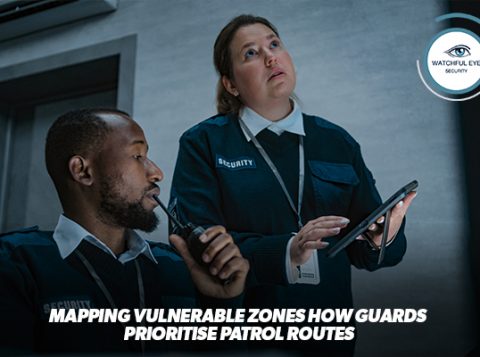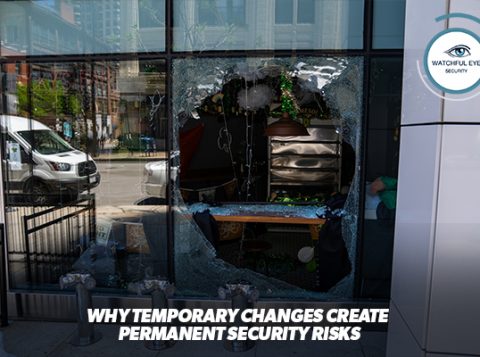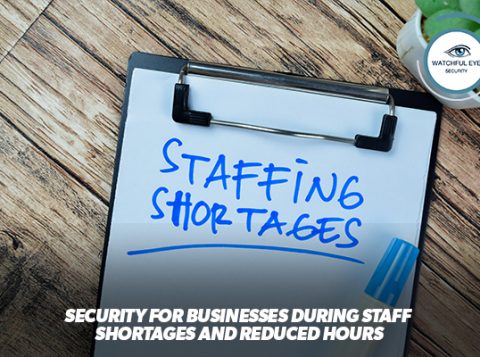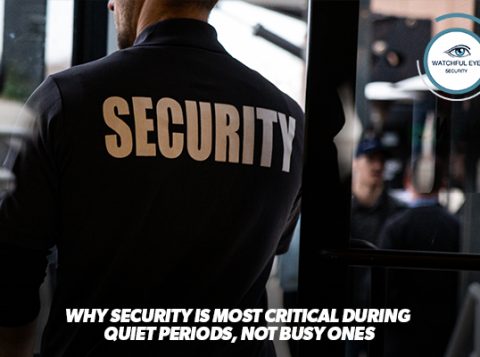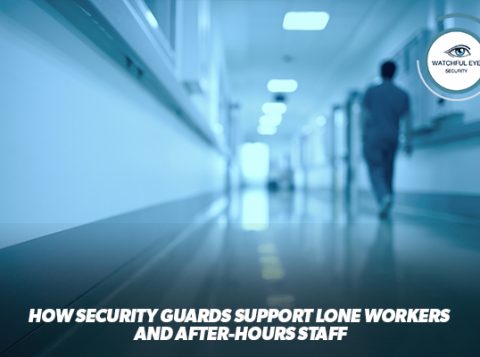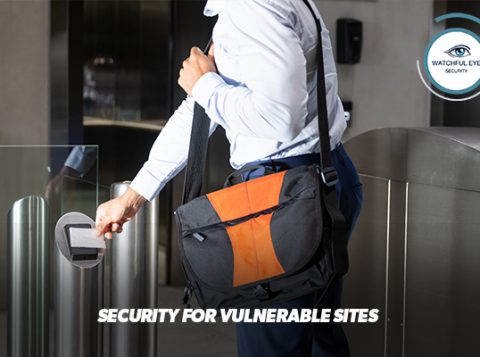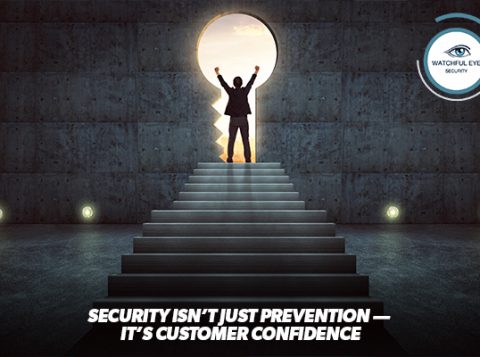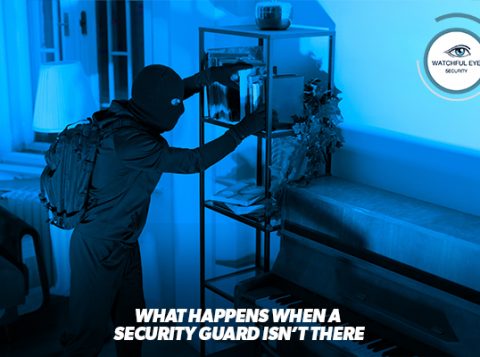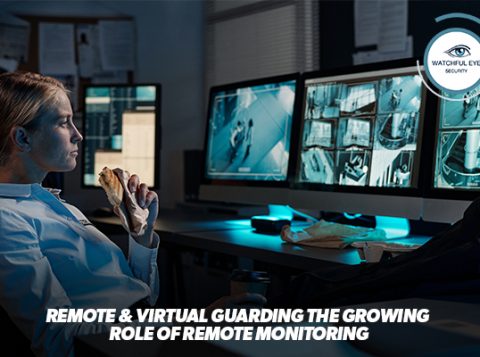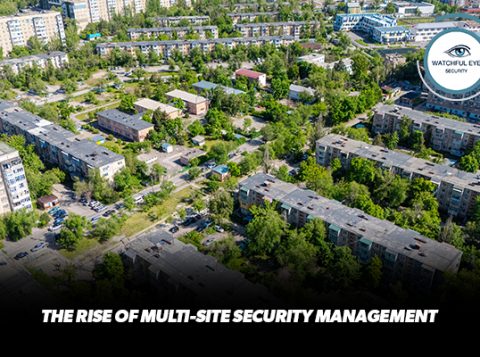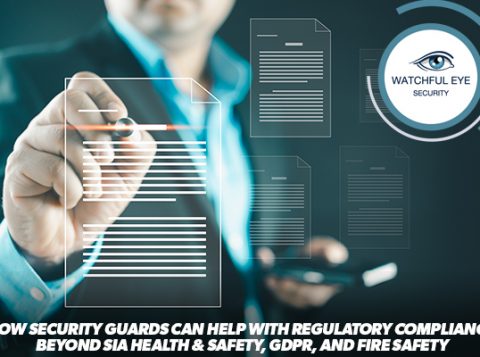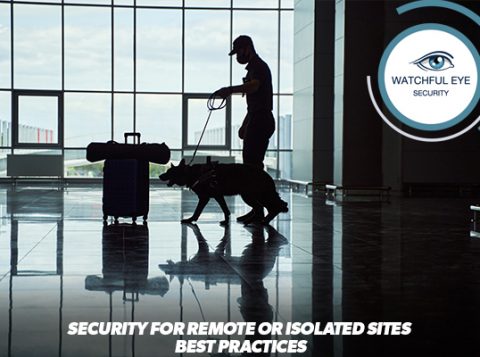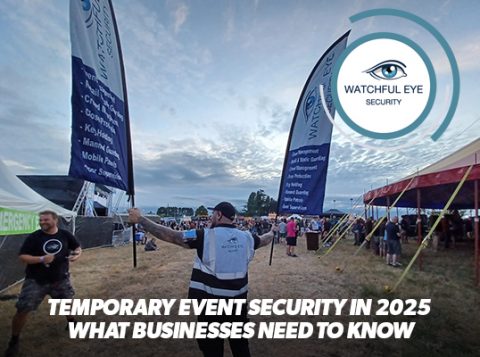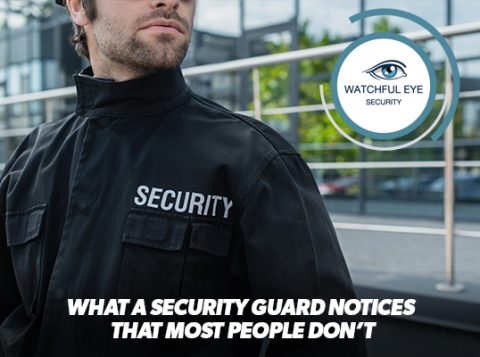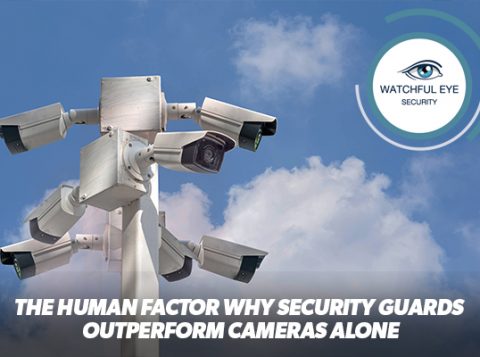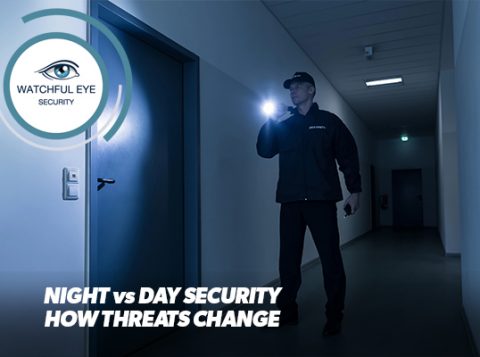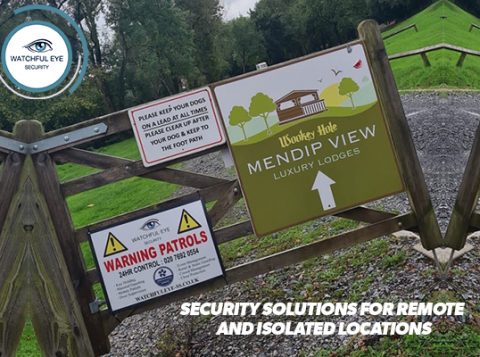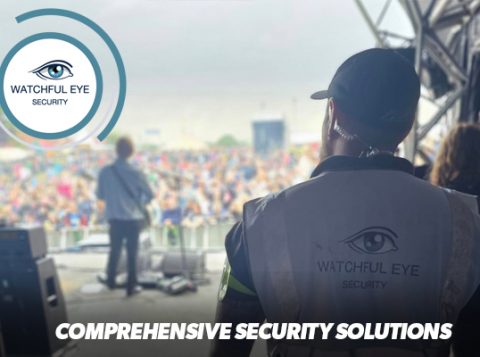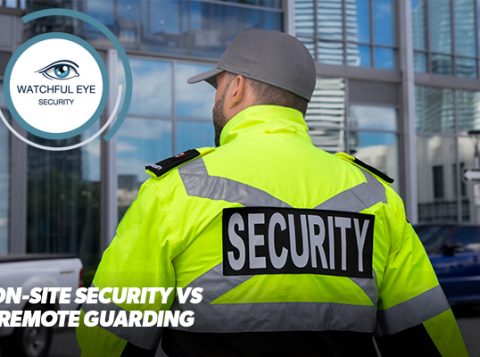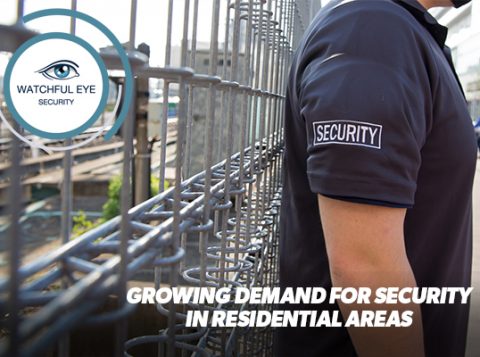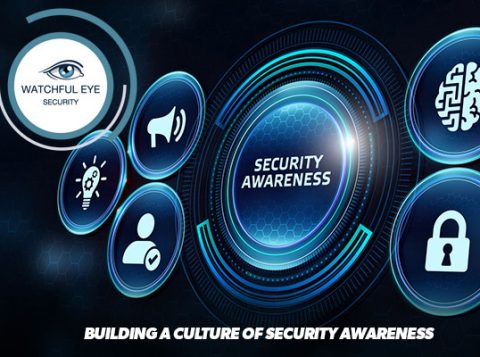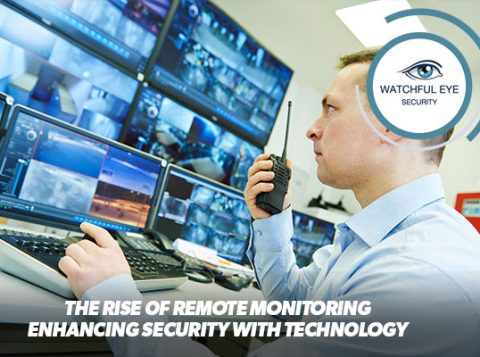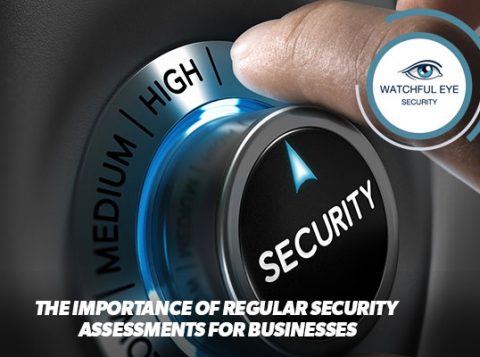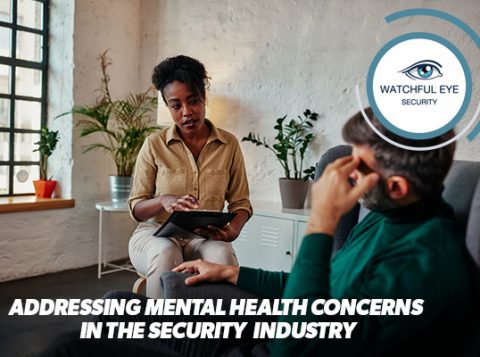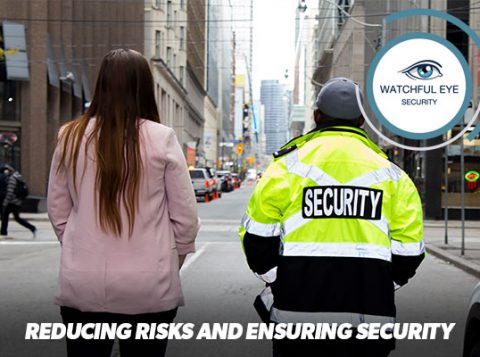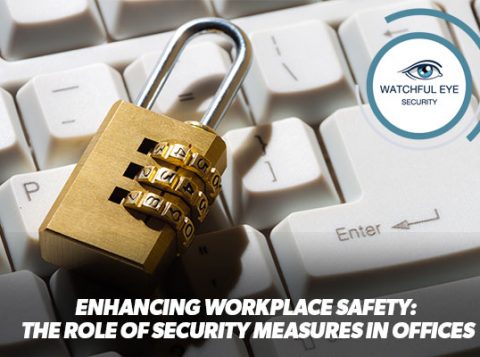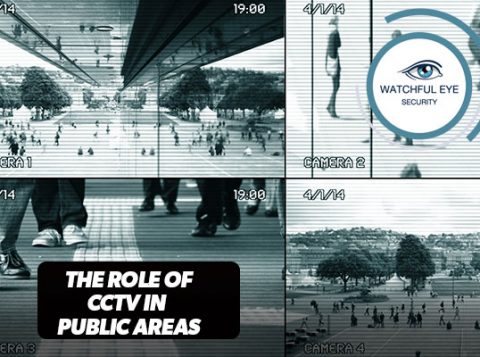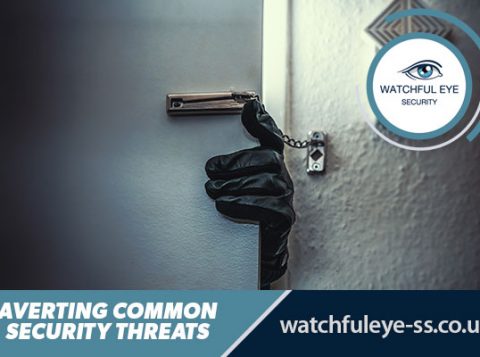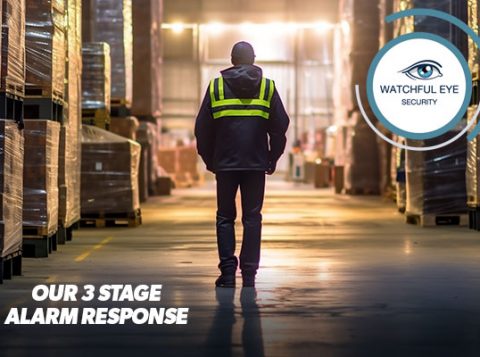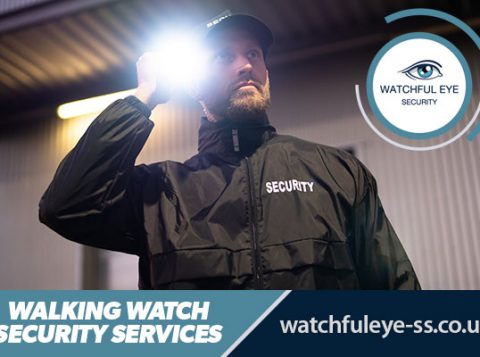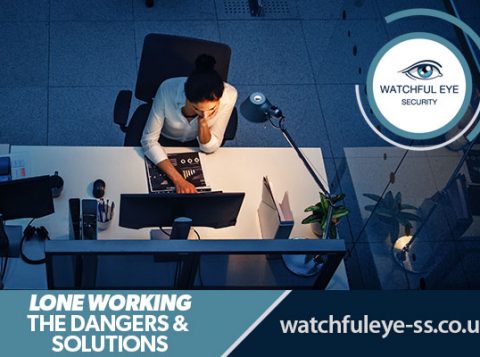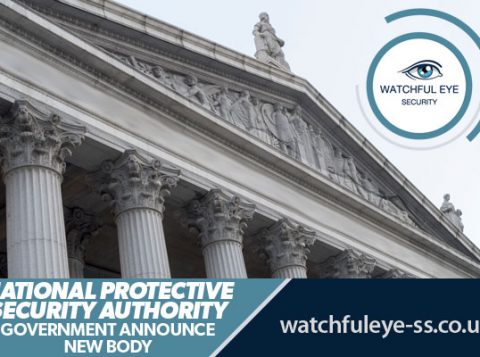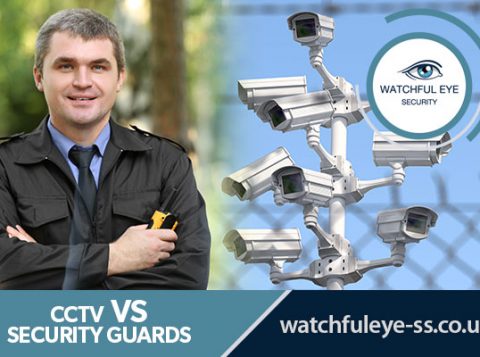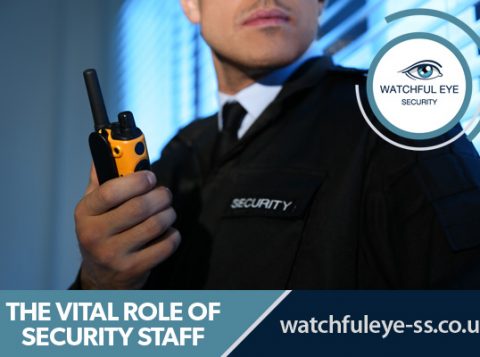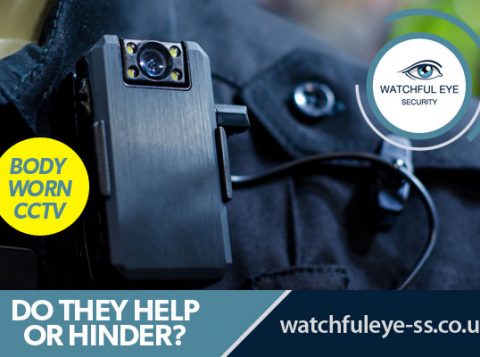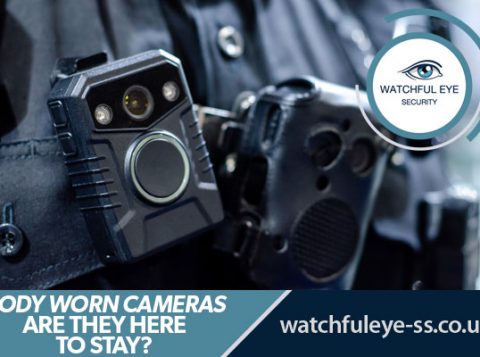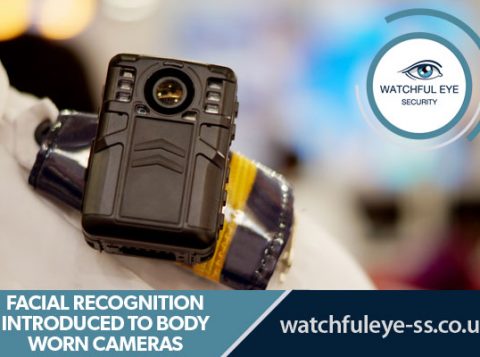
The Top 10 Security Mistakes Businesses Make (And How to Fix Them)
The Top 10 Security Mistakes Businesses Make (And How to Fix Them)
Security is a crucial aspect of running a successful business, yet many companies unknowingly make mistakes that leave them vulnerable to theft, cyberattacks, and other security threats. Whether it’s weak access controls or a lack of surveillance, these oversights can have serious consequences. Here are the top 10 security mistakes businesses make—and how to fix them.
Neglecting Physical Security Measures
The Mistake: Many businesses focus solely on cybersecurity while overlooking physical security. Unlocked doors, poorly lit areas, and a lack of security personnel create easy targets for criminals.
How to Fix It: Install surveillance cameras, secure entry points, and consider hiring security guards to monitor your premises. Motion sensor lighting can also deter potential intruders.
Weak Access Control Policies
The Mistake: Allowing unrestricted access to sensitive areas increases the risk of theft and unauthorized entry. Businesses often fail to track who enters and exits their facilities.
How to Fix It: Implement an access control system using key cards, biometric scanners, or PIN codes. Regularly update access permissions and revoke credentials for former employees immediately.
Lack of Employee Security Training
The Mistake: Employees are often the weakest link in security, whether through mishandling sensitive information or falling for social engineering scams.
How to Fix It: Conduct regular security training sessions. Educate staff on recognizing phishing emails, handling confidential data, and following security protocols.
Ignoring Cybersecurity Threats
The Mistake: Many businesses assume cyberattacks won’t happen to them. However, hackers target businesses of all sizes, often exploiting outdated software and weak passwords.
How to Fix It: Keep all software up to date, use strong passwords, and install firewalls and antivirus programs. Consider hiring cybersecurity experts to conduct regular audits.
Poorly Managed Surveillance Systems
The Mistake: Some businesses install security cameras but fail to maintain them or monitor footage actively. Outdated systems or blind spots can render surveillance ineffective.
How to Fix It: Regularly check that all cameras are working, and ensure they cover key areas like entry points and cash registers. Use cloud-based surveillance for real-time monitoring.
Failing to Have an Emergency Response Plan
The Mistake: In the event of a break-in, fire, or security breach, many businesses lack a clear plan for how to respond, leading to chaos and increased losses.
How to Fix It: Develop an emergency response plan, train employees on evacuation procedures, and conduct regular security drills. Have contact information for law enforcement and security personnel readily available.
Leaving Valuables in Plain Sight
The Mistake: Displaying expensive equipment, cash registers, or sensitive documents near windows or unattended areas invites theft.
How to Fix It: Store valuable items in locked cabinets or safes when not in use. Position workstations and cash registers away from public view.
Using Default or Weak Passwords
The Mistake: Many businesses fail to change default passwords on devices or use simple passwords that are easy to guess. This makes it easier for hackers to gain access.
How to Fix It: Enforce strong password policies requiring a mix of letters, numbers, and symbols. Use multi-factor authentication (MFA) for an added layer of security.
Skipping Background Checks on Employees
The Mistake: Hiring without conducting background checks can result in security risks, such as internal theft or data breaches.
How to Fix It: Perform thorough background checks on all employees, especially those handling sensitive information or cash transactions.
Not Having Insurance Coverage for Security Risks
The Mistake: Businesses often overlook security-related insurance, assuming their standard policies will cover incidents like theft, cyberattacks, or property damage.
How to Fix It: Review your insurance policies and consider adding coverage for security-related risks. Cyber liability insurance can help protect against data breaches and hacking incidents.
By recognizing and correcting these common security mistakes, businesses can significantly reduce their risks and create a safer environment for employees and customers. Investing in security measures today can prevent costly losses and ensure long-term success.
Don’t wait for a security breach to take action—start improving your business’s security now!

